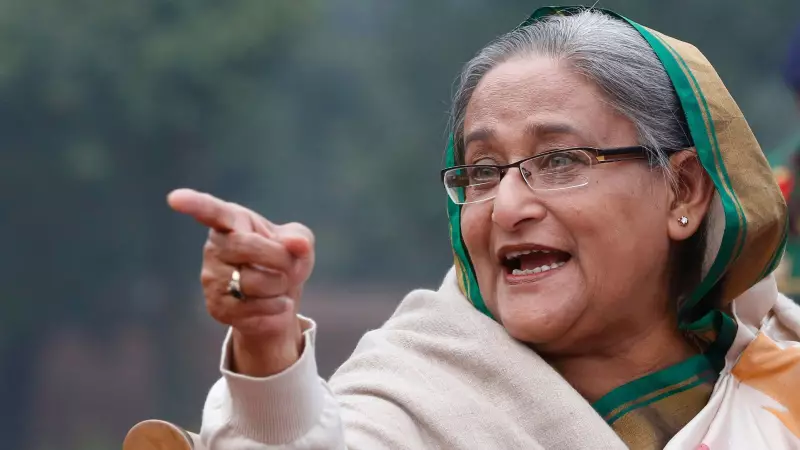
In a significant development with major geopolitical implications, India has formally responded to the death sentence awarded to Bangladesh's former Prime Minister, Sheikh Hasina, by a special tribunal in Dhaka. The Ministry of External Affairs (MEA) issued a carefully calibrated statement, emphasizing its commitment to the welfare of the Bangladeshi people while acknowledging the verdict.
India's Official Stance on the Verdict
The Indian government confirmed it has noted the verdict announced by the International Crimes Tribunal of Bangladesh (ICT-BD). The tribunal found Sheikh Hasina and former interior minister Asaduzzaman Khan guilty of crimes against humanity, leading to the capital punishment ruling on Monday. In its official communication, the MEA refrained from commenting directly on the legal process but outlined its broader regional priorities.
As a close neighbour, India remains committed to the best interests of the people of Bangladesh, including in peace, democracy, inclusion and stability in that country, the ministry's statement read. It further added that New Delhi will always engage constructively with all stakeholders to achieve these ends. This diplomatic language underscores India's delicate balancing act in responding to a politically charged situation involving a high-profile exile.
The Context: Hasina's Exile and the Tribunal
The verdict adds another complex layer to the already strained political landscape of Bangladesh. Sheikh Hasina, who served as the country's Prime Minister, was ousted from power in August 2024. Following her removal, she sought and was granted refuge, and has since been living in exile in New Delhi. Her presence in India's capital has been a point of diplomatic sensitivity, and this latest judicial development places New Delhi in a particularly challenging position.
The International Crimes Tribunal of Bangladesh is a domestic court established to investigate and prosecute individuals for genocide, war crimes, and crimes against humanity committed during the 1971 Liberation War. However, its proceedings have often been viewed through a political lens by international observers. The death sentence for a former head of government is an unprecedented event in the region.
Implications for Bilateral Relations
India's response is being closely analyzed for its potential impact on the crucial India-Bangladesh relationship. The two nations share a long history, a porous border, and deep cultural and economic ties. New Delhi's statement, focusing on the best interests of the people of Bangladesh and values like democracy and stability, signals an intent to avoid a direct confrontation with the current Bangladeshi administration while not endorsing the court's decision.
This approach allows India to maintain its stated principles without jeopardizing its strategic partnership. The promise of constructive engagement with all stakeholders leaves the door open for continued dialogue with the government in Dhaka, while also implicitly acknowledging other political entities, including Hasina's supporters. The situation remains fluid, and the international community will be watching how both nations navigate this diplomatic tightrope in the coming weeks.





